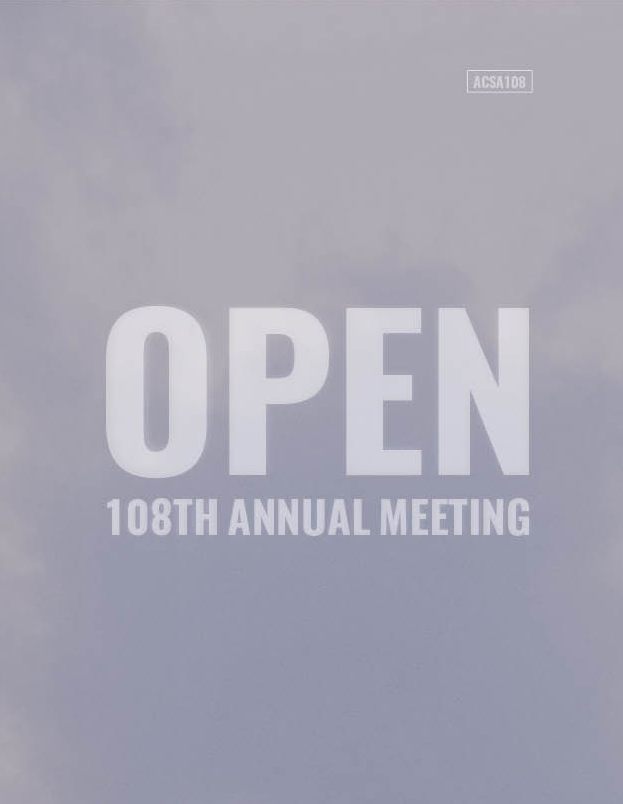Author(s): Eric Mainzer
This study investigates the pedagogical impact virtual reality (VR) has on design education for beginning architecture students by examining how VR affects spatial visualization skills (SVS) development. In order to examine the effects of VR, a pilot study was conducted in the Spring of 2018 to evaluate the training, experimental method, and testing procedures and instruments that could be used in a future study. We compared the SVS performance of eight 1st year architectures students who used VR to completed mental-rotation exercises with four 1st year architectures students who completed the same exercises sketching on paper. The results indicated a correlation between intervention training and improvement from pretest to post test, suggesting a change in mental rotation abilities. Participants using VR completed the exercises more successfully than the group sketching on paper. However, the paper-sketching group showed greater improvement in the pretest/posttest scores indicating spatial ability training, problem solving, and cognitive benefits experienced in an immersive environment might not translate to real-world situations. The goal of the exploratory study was to better understand the impact that VR might have on architecture design education through an evaluation of its direct effect on spatial visualization skills in beginning architecture students. The results of the study emphasize the need for adequate sample sizes and while the study did not yield statistically significant results, it does offer a suitable framework for future research to build on.
https://doi.org/10.35483/ACSA.AM.108.45
Volume Editors
ISBN
978-1-944214-26-5

 Study Architecture
Study Architecture  ProPEL
ProPEL 
